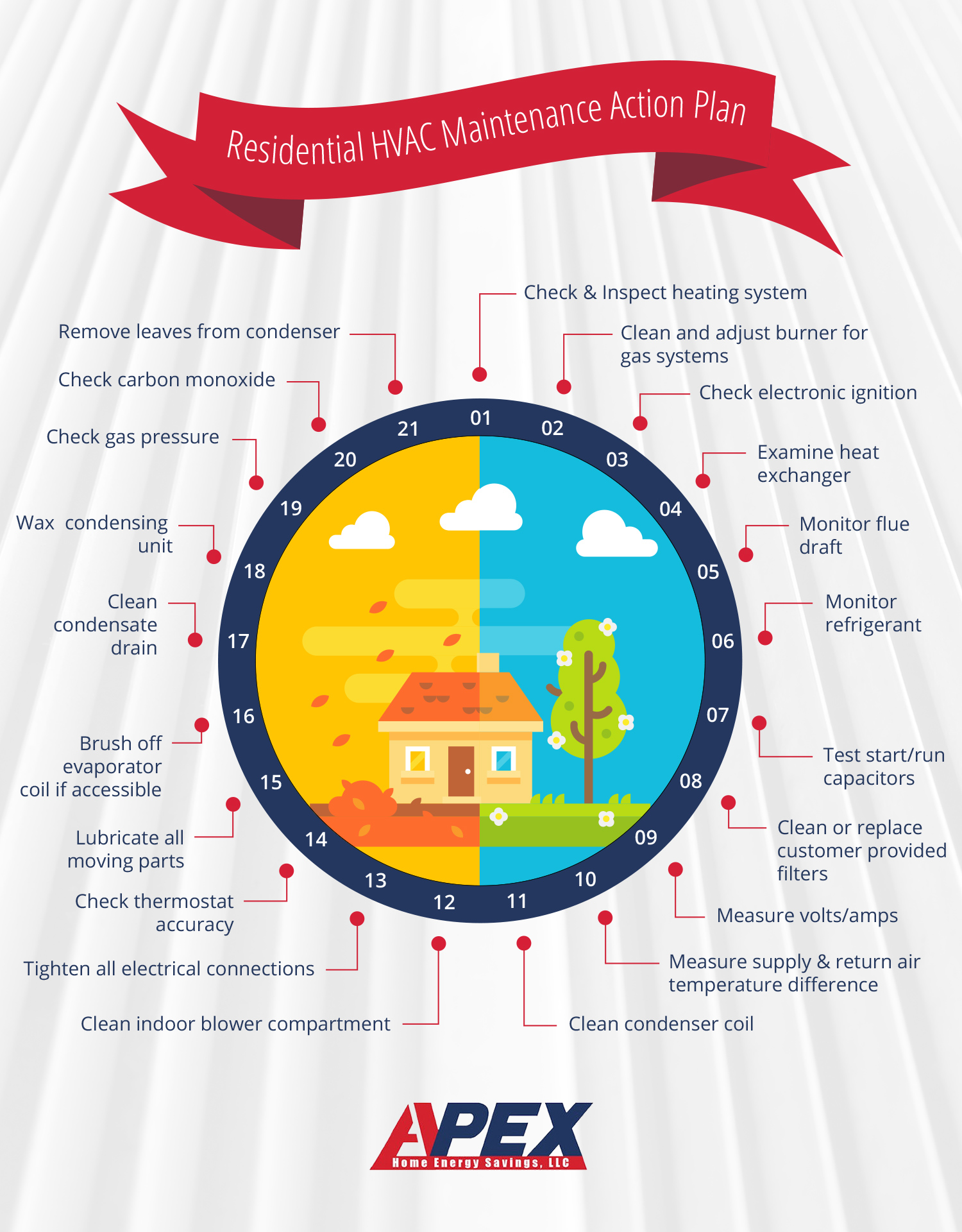Heat Pump Vs Heater - Which Is The Better Heating Option For Your Home?
Heat Pump Vs Heater - Which Is The Better Heating Option For Your Home?
Blog Article
Content By-Pearson Mosegaard
Many home owners are familiar with heating systems, which heat homes with oil or natural gas and push hot air through ductwork. They are relatively low-cost and can offer reliable home heating also during a winter power failure.
Nevertheless, they utilize nonrenewable fuel sources and produce carbon monoxide gas and other air contamination. They additionally aren't as energy-efficient as a high-efficiency heatpump.
Cost
Typically, heat pumps are much more inexpensive to run than heating systems. They typically use electricity and cooling agent to essence warmth from outdoor air, and after that move it into your home. You can take advantage of less expensive electrical power rates throughout off-peak hours to additionally decrease your home heating costs.
Unlike heat pumps, gas or wood-burning furnaces make use of combustion to create warm, sending out flue gases right into the atmosphere that can be unsafe to your health. These heaters are likewise much less energy-efficient than heat pumps, and their greater operating costs can add up in time.
Furnaces are a lot more challenging than heat pumps and need routine maintenance to make certain the appropriate feature of all components. Regardless of this, they often tend to last longer than heat pumps with a regular life-span of twenty years or even more. However, you'll require to consider the price of gas, fuel oil or wood and the extra devices needed for installation and operation such as ducts and ventilation systems.
Energy Performance
Heat pumps have a higher power effectiveness ranking than furnaces. These systems utilize electricity to feed on warmth from the air, even in freezing temperature levels. They can also eliminate excess heat from the home during warmer months and recycle it to cool the system. Service provider professionals can aid you figure out the most effective model for your home on climate and source energy prices.
Heaters melt fuel oil, gas, natural gas or other kinds of nonrenewable fuel source to heat up the air in the home. This air is after that spread via ductwork using a big fan. Heating systems create greenhouse gases and need normal maintenance and equipment upgrades to make sure secure operation.
The most significant advantage of a heater is that it can be operated even in severe winter season problems because it does not rely on outside temperature levels to heat the air. Heaters likewise have a longer lifespan than heatpump and typically last 15 years. They can likewise be paired with double fuel alternatives, which pick the most effective heating option based on the weather condition.
Climate
Heat pumps work well in moderate climates and make use of less source power than furnaces. Nonetheless, if your region is exceptionally chilly, you might require to purchase a basic gas furnace instead.
Heating systems provide warm, relaxing warmth and typically use quick heating to elevate indoor temperatures. These systems can be utilized with a range of fuel kinds, including gas, lp, oil or power.
They take in extra power than heat pumps-- up to 3x as much-- and require ductwork that's expensive to set up or retrofit. They're likewise extra expensive to preserve, as they can trigger air quality problems and generate greenhouse gas emissions.
If you're devoted to minimizing your carbon footprint, a heat pump is an excellent choice for your home. check out this site have less greenhouse gas exhausts than furnaces, specifically if you pick an ENERGY STAR ® heat pump. Your neighborhood Service provider professional can explain the differences between these two heater and assist you make the most effective decision for your unique demands.
Personal Preferences
Heating systems can be very power effective when powered by natural gas, gas or oil, yet they aren't as power reliable as heat pumps in cold climates. They can additionally be extra costly to mount, requiring gas lines and ventilation systems.
Nevertheless, furnaces often tend to need less upkeep, which can cause lower ongoing prices. They create less greenhouse gases and are extra dependable than heat pumps throughout severe weather condition.
Electric heatpump are more versatile in developing indoor convenience because they can additionally act as a/c throughout warmer months. just click the up coming post can be more convenient to preserve, calling for only regular air filter changes and periodic vacuuming.
If you prefer the convenience of a solitary system that does it all, consider a hybrid heating solution that sets a heating system with an electrical heatpump. These systems can immediately switch over between both home heating options based upon your home's requirements and temperature problems, making best use of efficiency and cost savings.